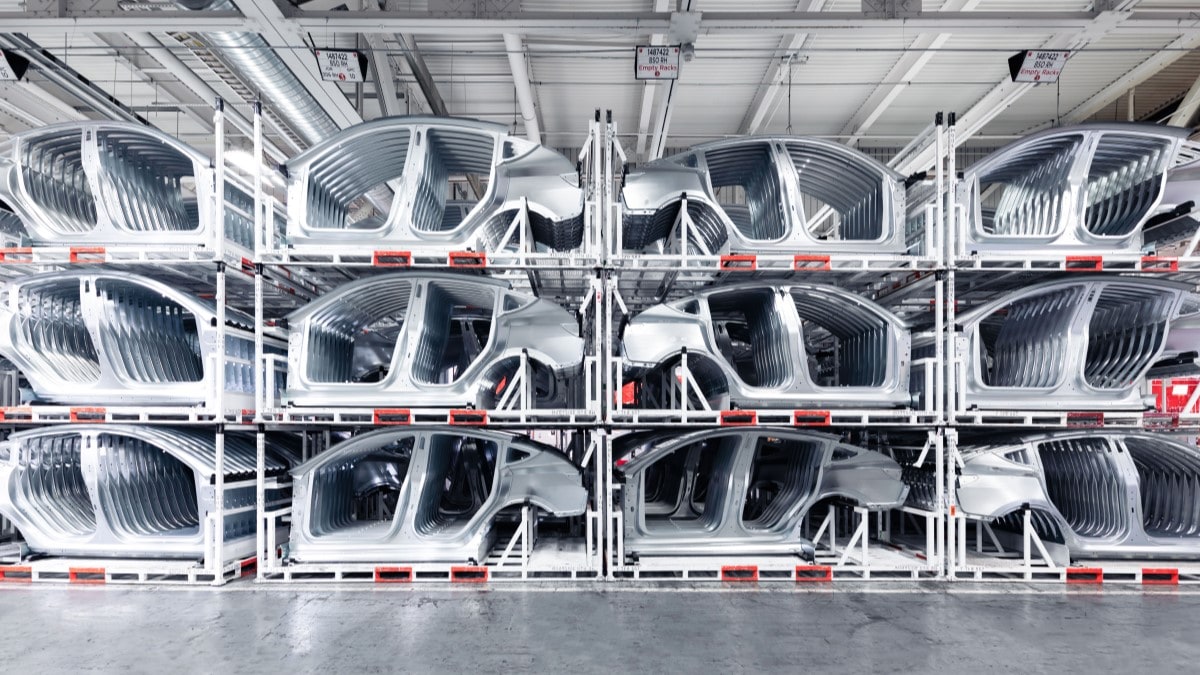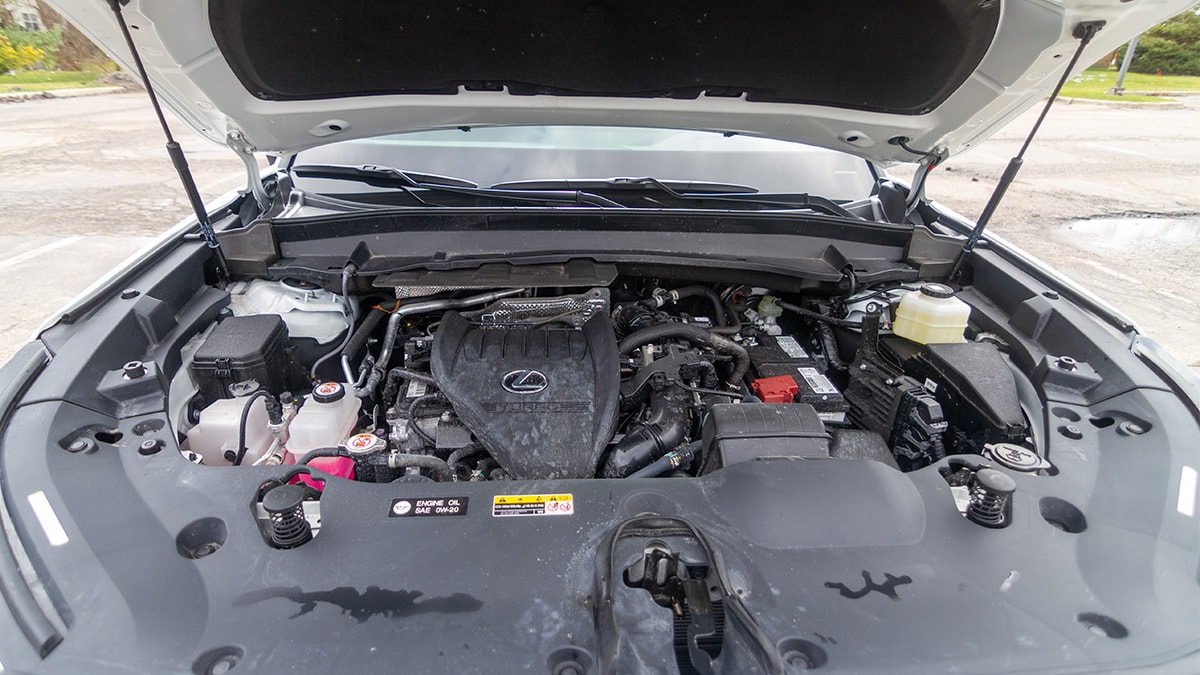
Electric cars are more expensive than gas-powered cars. That fact slows adoption, as many car shoppers can’t afford the premium or question paying more for a vehicle with access to less infrastructure.
But every new technology gets cheaper to build over time. For electric vehicles (EVs), that could happen fast.
Related: When Will Electric Cars Be Prices Like Gas-Powered Cars?
Pedro Pacheco, vice president of research at technology analysis firm Gartner, told industry publication Automotive News that EVs could be cheaper to build than their gas-powered counterparts by 2027.
Gartner will release a new report on the issue soon, Pacheco says. The report will show automakers are “reaching this tipping point earlier than expected.”
Batteries Getting Cheaper, Building From Fewer Parts
Two developments are driving costs down.
Battery costs are falling, he says, as global supply chains grow to support the construction of millions more EVs. Drivers bought more than 15.5 million EVs worldwide last year, with just 8.5% of sales happening in the U.S.
Related: The Most Expensive Part of Electric Cars Is Getting Cheaper
Automakers are also saving through so-called gigacasting. The manufacturing technique involves building cars from very few, very large parts.
Tesla pioneered it, but larger automakers are starting to follow its lead. Toyota has begun moving toward the technology.
Pacheco estimates that gigacasting could cut the cost of building a car by “at least” a fifth.
Survivors, Failures Inevitable
Both traditional automotive giants and nimble startups build EVs. But some of those startups are likely to fail.
Launching a new automaker is among the hardest business challenges. To succeed, startups must lose money for many years before they log their first profit.
“Gartner predicts that 15 percent of companies on the EV value chain that were founded in the last decade will fail,” according to Automotive News. Just last week, startup Fisker warned investors that it faces “substantial doubt about its ability to continue as a going concern.”


